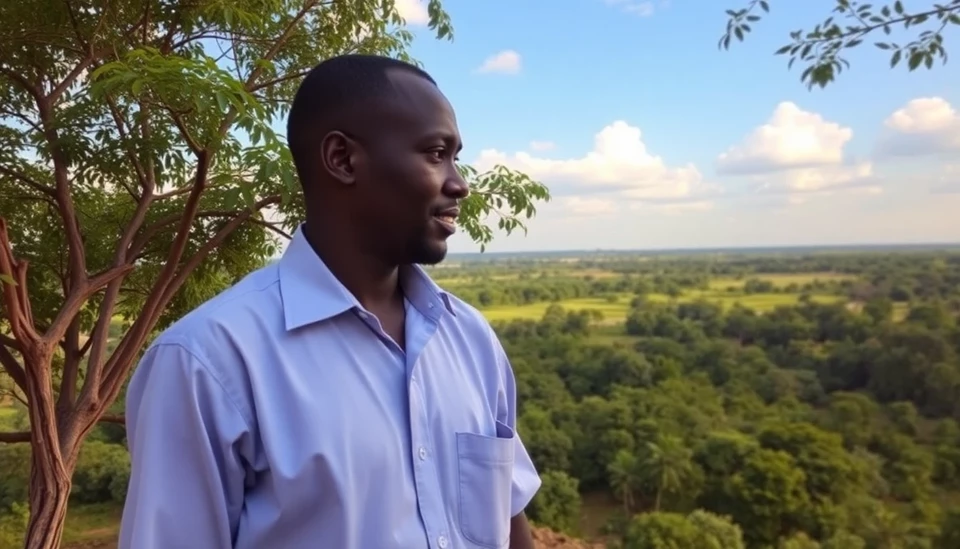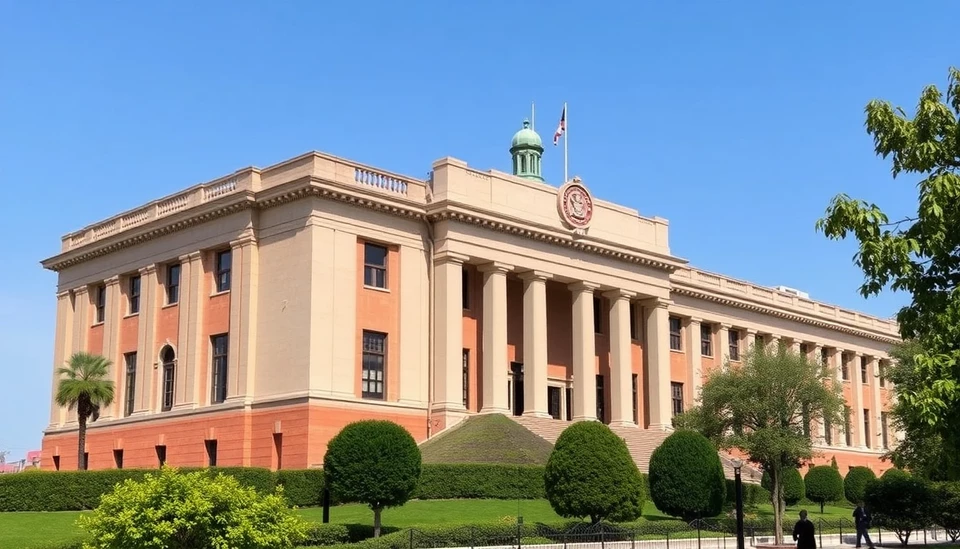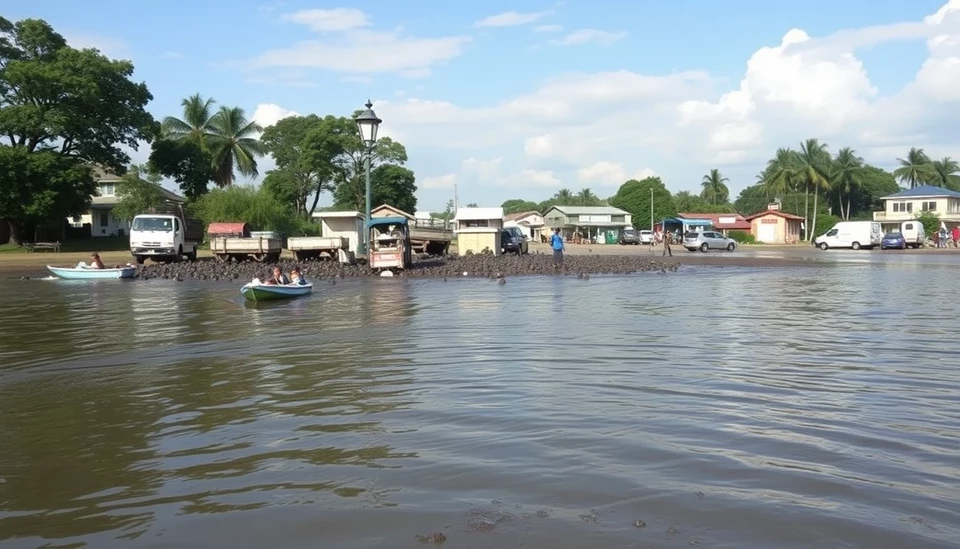
In a groundbreaking move aimed at addressing both economic challenges and environmental concerns, Zambia is evaluating the potential of a debt-for-nature swap, as disclosed by the country’s Finance Minister. This proposal comes in response to an ongoing economic crisis that has left Zambia grappling with high levels of debt and pressing sustainability issues.
The concept of a debt-for-nature swap involves the conversion of a portion of a country's debt into funds for environmental conservation projects. This strategy not only helps alleviate financial burdens but also ensures the protection of vital ecosystems. Minister of Finance, Situmbeko Musokotwane, emphasized the duality of benefits provided by such an initiative, which could attract investment, promote conservation, and enhance Zambia’s overall economic resilience.
The urgency of this proposal has been heightened by Zambia's recent restructuring of $6.3 billion in external debt as part of negotiations with international creditors. These talks have been closely monitored by the International Monetary Fund (IMF) and other financial institutions, as they play a crucial role in stabilizing Zambia’s precarious fiscal situation. A debt-for-nature swap could potentially sweeten the terms of these negotiations by showcasing Zambia’s commitment to sustainable development and climate action.
Zambia is not alone in considering this innovative financing mechanism; similar initiatives have gained traction in various countries across Africa and Latin America. The approach is gaining popularity among policymakers and environmental advocates alike, as nations navigate the delicate balance between economic recovery and environmental stewardship. Musokotwane noted that the Zambian government is actively engaging with environmental organizations to assess feasible projects that could be linked to such a swap.
In recent years, Zambia has been increasingly vulnerable to the impacts of climate change, including erratic weather patterns and deforestation. These environmental challenges exacerbate the financial strain on the country and diminish food security, further complicating Zambian citizens' economic well-being. By facilitating a debt-for-nature swap, authorities hope to create a holistic solution that addresses both immediate economic concerns and longer-term sustainability goals.
As Zambia embarks on this journey, the success of any prospective deal will hinge on careful negotiation and substantial commitment from both local and international stakeholders. The Finance Minister has remained optimistic about the potential for creating a favorable environment for such initiatives to flourish, emphasizing the need for collaboration between government entities, NGOs, and private investors.
While the exact timeline for these discussions remains uncertain, the emphasis on a debt-for-nature swap marks a promising shift towards integrating environmental health into national economic strategies. The global community is closely watching this development, as Zambia could set a precedent for other nations facing similar challenges.
As Zambia explores this pioneering financial strategy, the implications could extend far beyond its borders, potentially influencing how developing nations handle their debt obligations while preserving the planet's natural resources.
As discussions continue, it will be interesting to see how this approach affects Zambia's international relations and economic recovery in the face of mounting environmental pressures.
#Zambia #DebtForNature #Sustainability #ClimateChange #EconomicRecovery #Conservation #Finance
Author: Laura Mitchell




